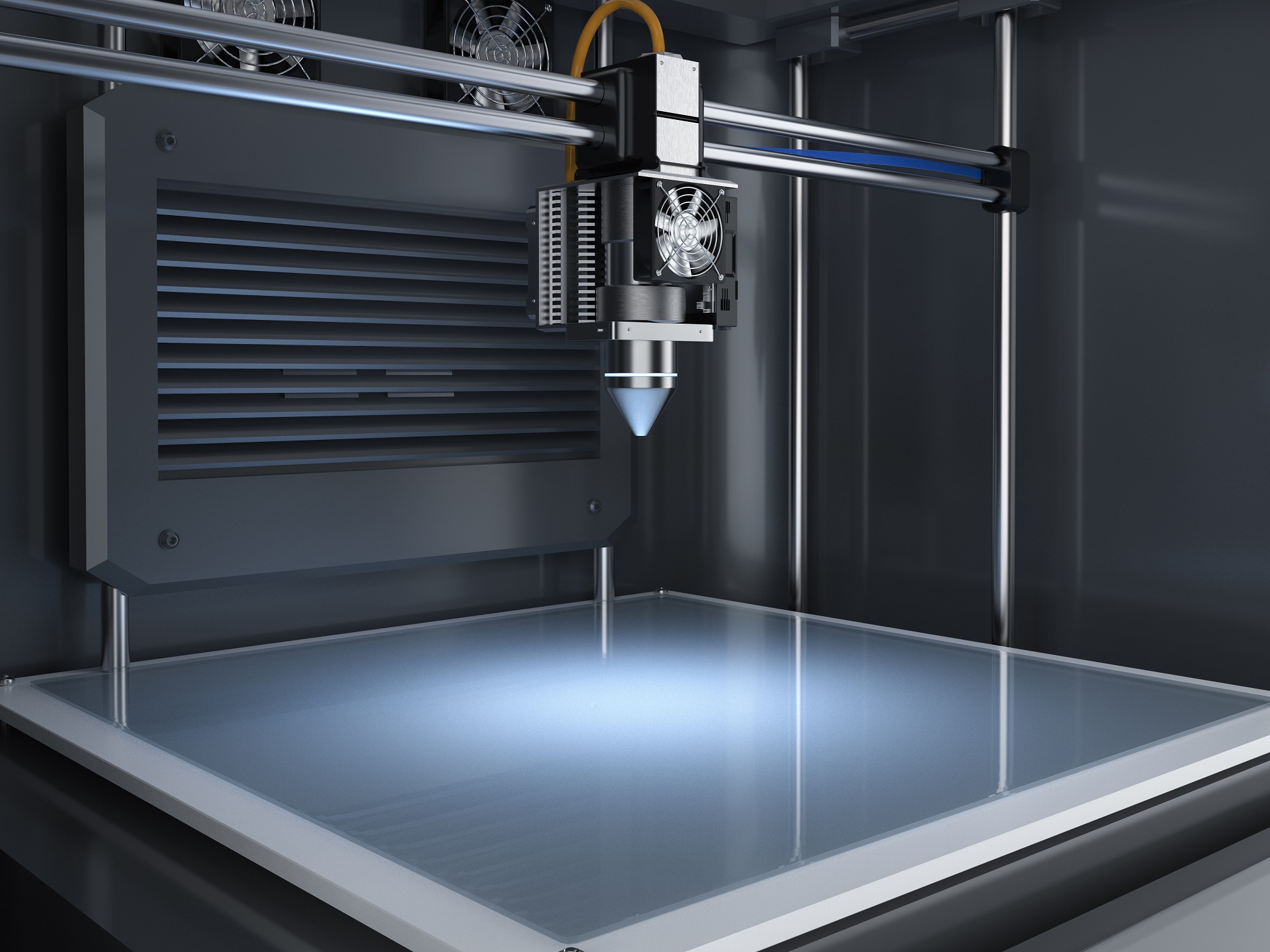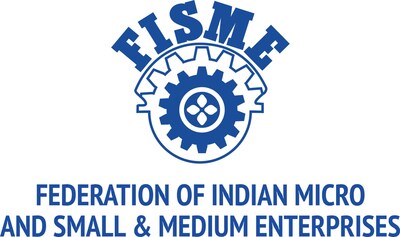Researchers developed a special 3D-printed plastic that is cheap and flexible. The plastic is made up of a substance they call thermoplastic elastomer. This elastomer is made up of several different polymer molecules, and together, they allow for a stretchable and easily recyclable plastic.
The researchers say that the new plastic can actually be heated into a liquid and then completely reformed into a solid. When solid, the polymers separate and form nanostructures that are neat and cylindrical, roughly five nanometers thick. That’s roughly twice the width of a DNA molecule.
The 3D-printed plastic could be ideal for creating materials that are tailored to have specific properties, the researchers explain in their paper, which they published in Advanced Functional Materials. Previously, the team researched these materials to create new 3D-printed techniques that take full advantage of how the polymers flow when liquid.
This allows the plastic to form into the correct nanostructures, providing a stretchable and flexible but strong material. The fact that the plastic can be melted down easily and then reformed into a solid is part of what makes it so reusable. Considering plastic isn’t actually as recyclable as many claim it is, this new material could open entirely new doors for plastic in various industries.
Plastic pollution has become a massive problem worldwide. In fact, dangerous microplastics have even been found in the clouds that fill the skies. If this 3D-printed plastic is actually as “highly scalable” as the researchers claim it is, it could be exceptionally useful for creating next-generation biomedical devices and wearable electronics.
You can read more about the material and how the researchers are putting it through its paces in the September issue of Advanced Functional Materials. It’s unclear exactly when we might see this material scaled up, but at least we know it exists and scientists have been making great headway on it.







